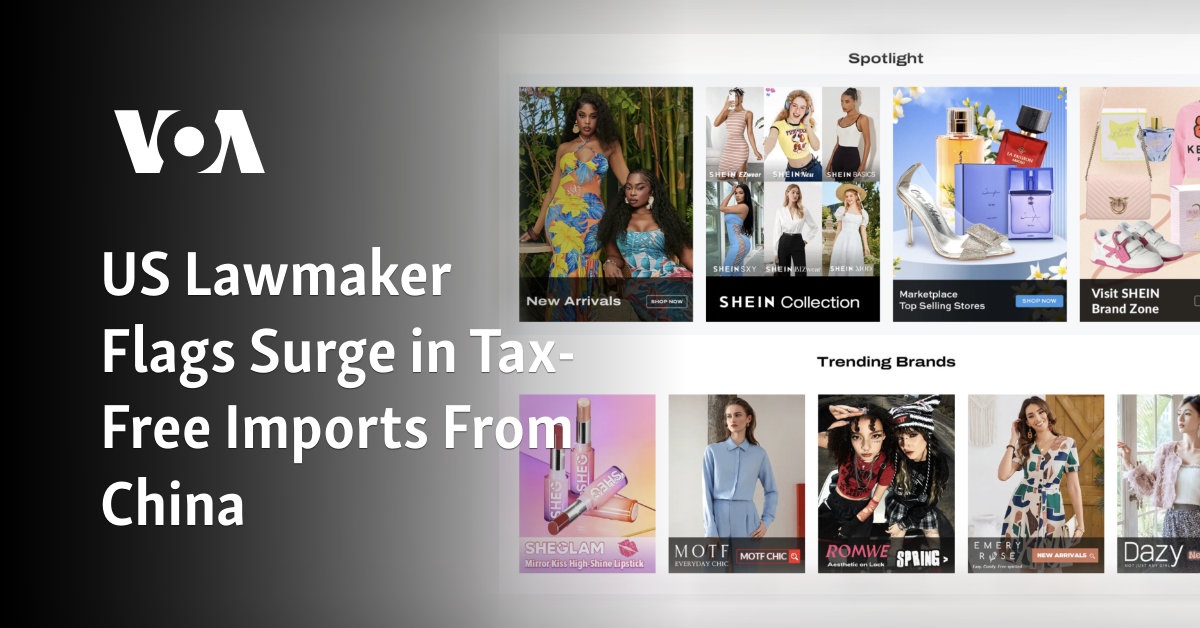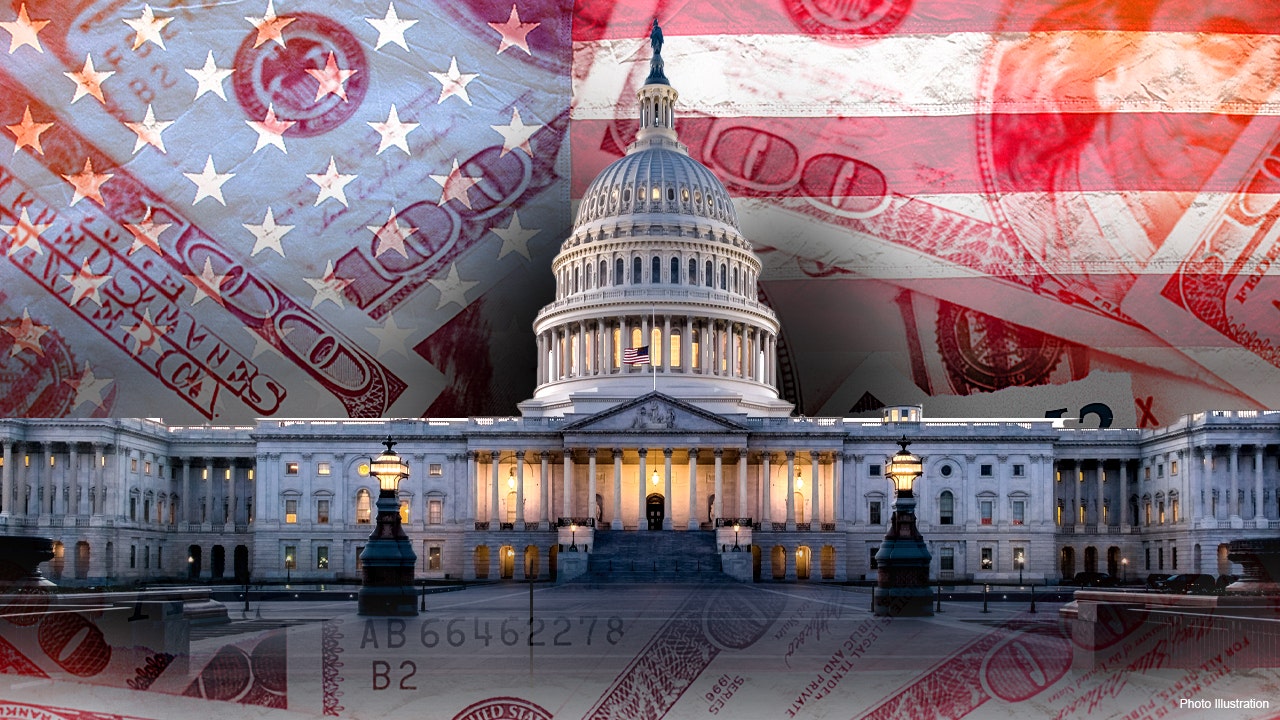A key U.S. lawmaker highlighted Friday the “shocking” rise in imports under a trade exemption for small packages, amid heightened scrutiny on Chinese-founded online retailers Shein and Temu.
Both platforms, known for selling items at low prices, have been said to use a rule that allows products to enter the country duty-free via shipments valued at less than $800.
Some 1.05 billion shipments entered tax-free under the provision known as the de minimis exemption in 2023, said Mike Gallagher, the Republican chair of the House Select Committee on the Chinese Communist Party.
This was “a shocking 53% increase from 2022,” he said in a statement.
According to Customs and Border Protection Agency data disclosed to the Select Committee, Gallagher said more than 485 million de minimis shipments have already entered the United States in this fiscal year.
Among other issues, such exemptions could allow companies to evade scrutiny over forced labor concerns, he noted.
Shein and Temu have made big inroads in the United States and are seen as upstart rivals to Amazon.
Shein has quickly conquered the global fast fashion market by selling its products exclusively online and catering to young customers through social media.
But it has been accused of exploiting unpaid labor, obscuring production processes and encouraging overconsumption.
In interim findings released last June, the Select Committee said Temu and Shein were likely responsible for more than 30% of all packages shipped to the U.S. daily under the de minimis provision.
When it comes to such shipments from China, the figure is even higher.
“Foreign businesses have built entire sales models to take advantage of the de minimis exemption to avoid taxes and scrutiny while undercutting American companies that play by the rules,” said the Select Committee on Friday.
Gallagher also urged Congress to take “urgent action” on this matter.
Analysts have noted that the rise of Shein and Temu came as leading U.S. fashion companies grew increasingly wary of exposure to China given tensions between Washington and Beijing.










